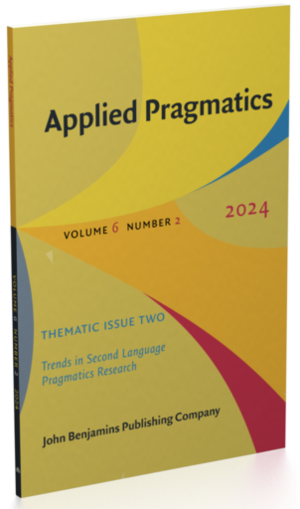
This paper critically reviews pragmatic-oriented investigations of English-medium instruction (EMI) courses in tertiary education. Analyses on potential gains in pragmatic competence, classroom interaction, and e-politeness define some of the lines of research identified. Speech acts like requests and opinions (e.g., Taguchi, 2012, 2014) or directives (e.g., Smit, 2010) are still the main foci of interest, along with pragmatic markers (e.g., Ament et al., 2018) or openings and closings (e.g., Codina-Espurz & Salazar-Campillo, 2019). A more holistic perspective has also been adopted to examine functional adequacy in writing (e.g., Herraiz-Martinez & Alcón-Soler, 2019). Strengths and limitations of studies conducted in the EMI context are discussed and, from this, a research agenda is put forward. Lastly, future investigators are encouraged to explore the complex interplay between external (e.g., target language contact) and internal factors (e.g., proficiency, motivation, or willingness to communicate) which may have an impact on learner pragmatics.